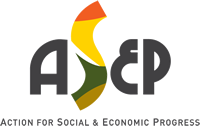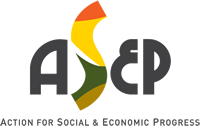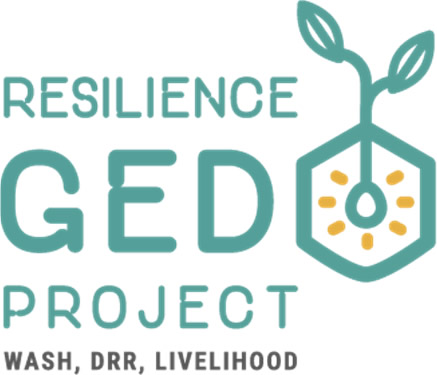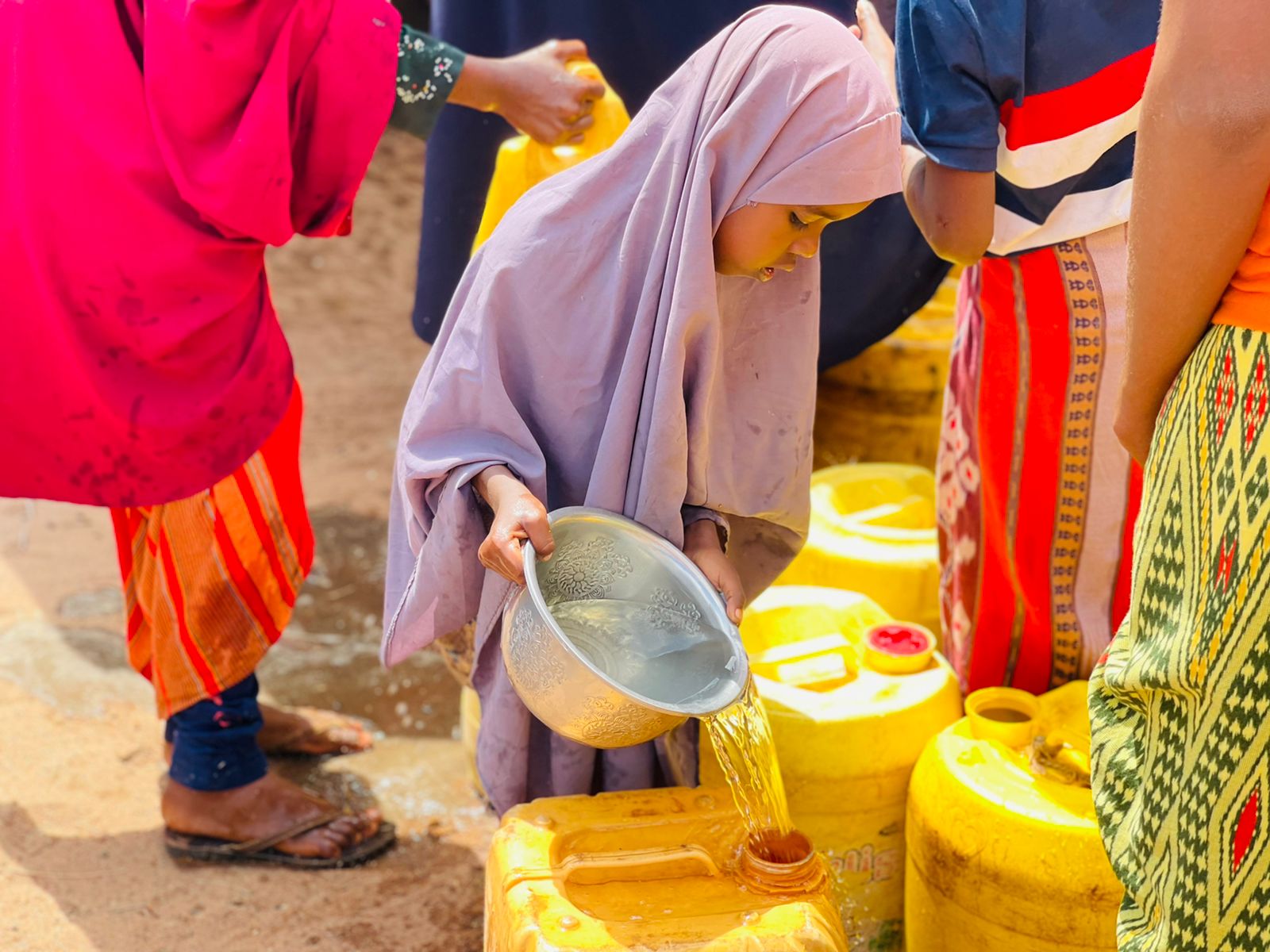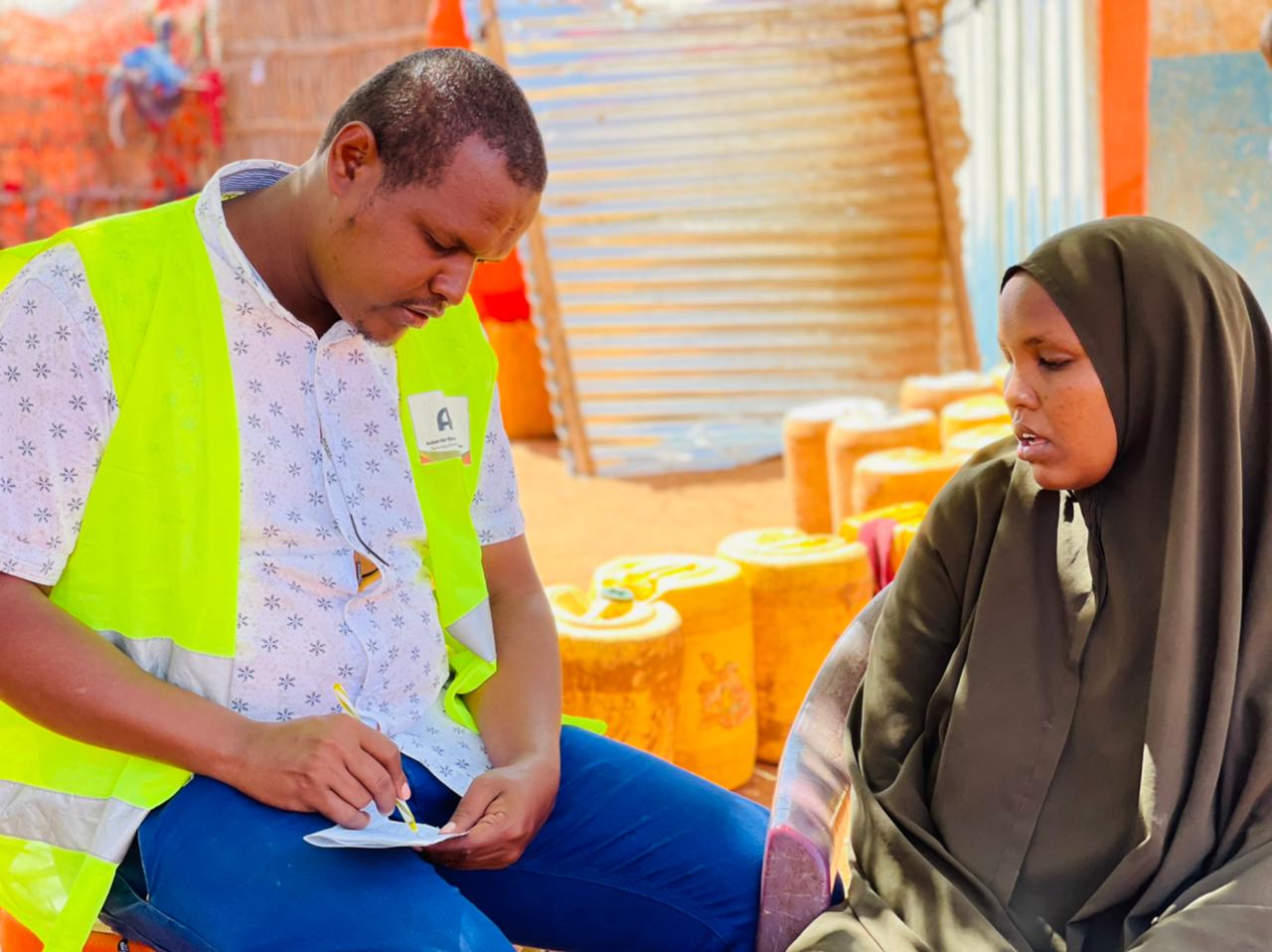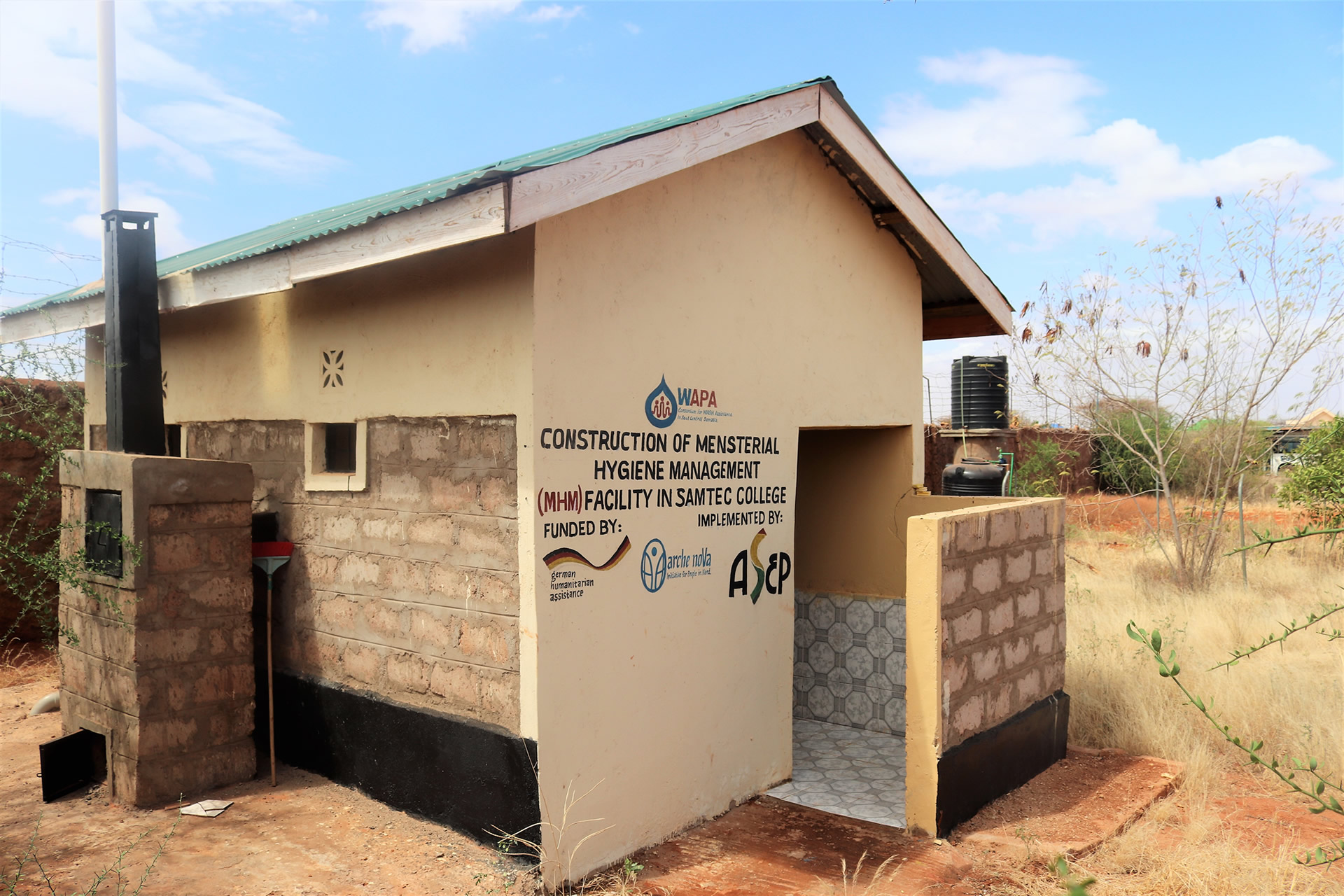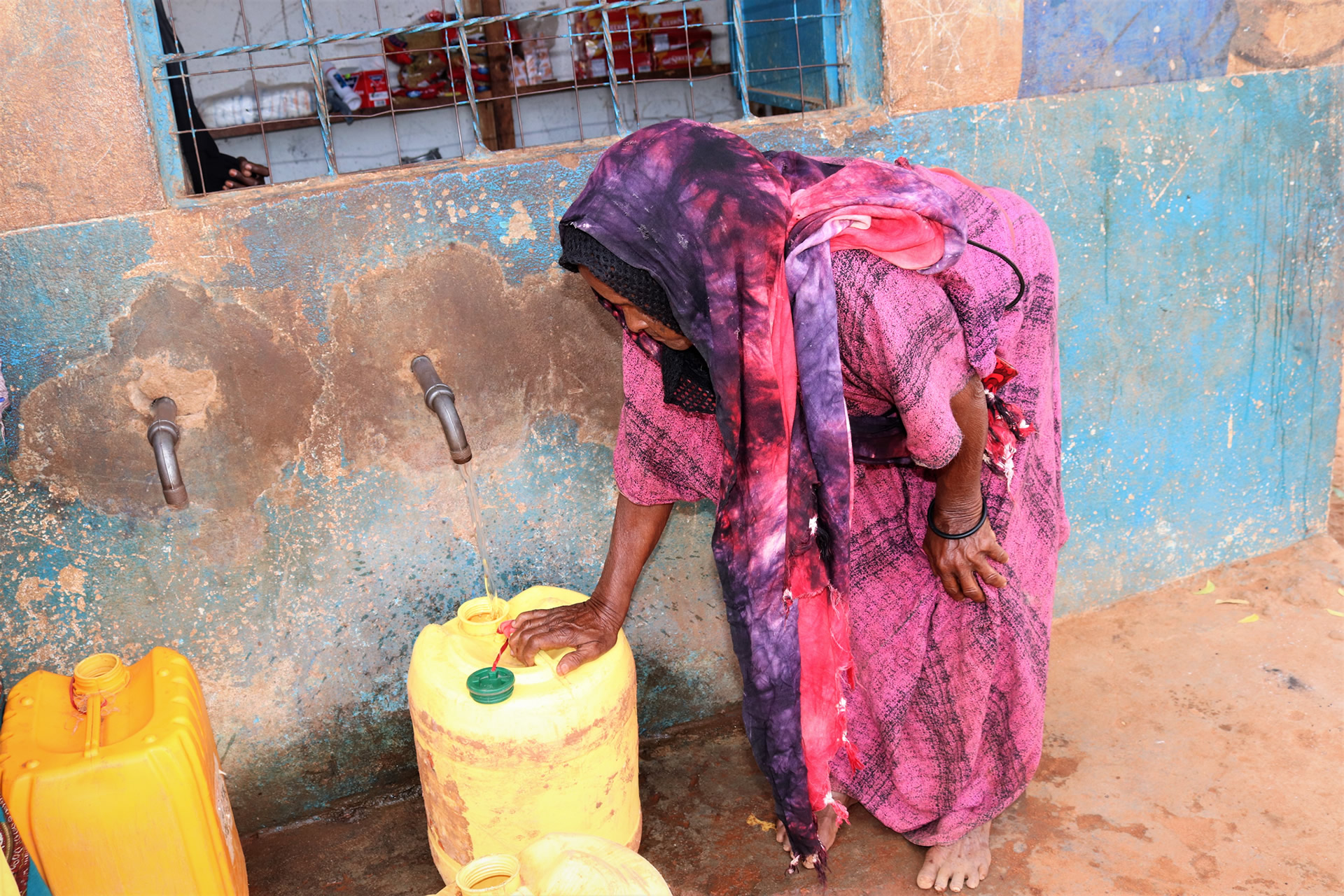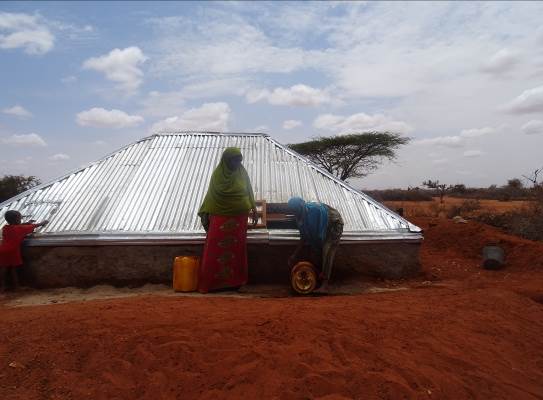EDUCATION
As a fundamental human right, everyone is entitled to access formal education. This is despite a situation of humanitarian crisis. Formal education remains crucial for Somalia’s development and stability. Millions of children in Somalia do not attend school due to the lack of a safe route to school, the destruction of schools and /or the lack of adequate conditions (e.g., no bathrooms, lack of access to clean water, etc.) for the children to learn. The more children have unrestricted access to education and regularly attend school, the more support they can lend to their community and the local economy.
In addition to this, few vocational schools as well as collages provide adequate environments that allows skill development and training as some of these facilities remain understocked and in need of suitable resources. To counter this, ASEP implements projects to ensure children have access to education and support children to attend school in even in crisis-affected areas, thus creating long-term prospects. Furthermore, ASEP partners with vocational schools in the support of curriculum development and resource building. In supporting WASH activities in schools and vocational canters we tackle the underlying factors that prevent the sustainability of WASH facilities in schools. In all our school WASH interventions, we ensure that school communities are engaged at every stage of the activities while also working through established local structures through school WASH clubs and even school hygiene clubs where the SPHERE standards are adhered to and local WASH sensitization programing is used in the school context.
In our projects, we build and rehabilitate schools. We prioritize providing schools with WASH services and clean water. We build rainwater tanks to store clean and healthy water. We supply the schools with supplies and equipment, depending on the situation. To improve hygiene, we provide schools with handwashing stations and hygiene awareness. We also offer teachers and the students capacity building and training. We provide Menstrual Hygiene Management (MHM) facilities to improve the girls’ school attendance and understanding of menstrual management. Furthermore, we support vocational canters with resource building as well as WASH infrastructure development. ASEP is known for its successful use of the School Led Total Sanitation (SLTS) approach to promote hygiene in schools. This methodology is widely adopted and considered ‘best practice’ in sanitation behaviour change.
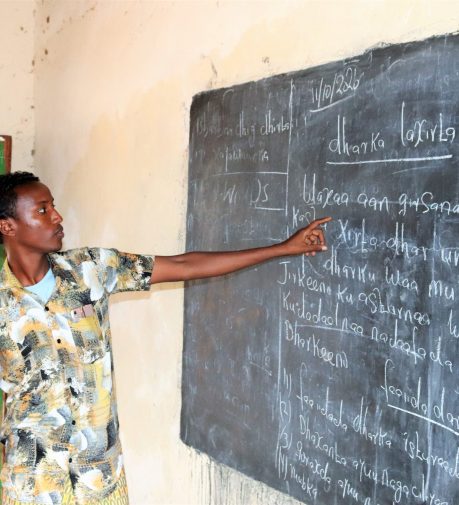
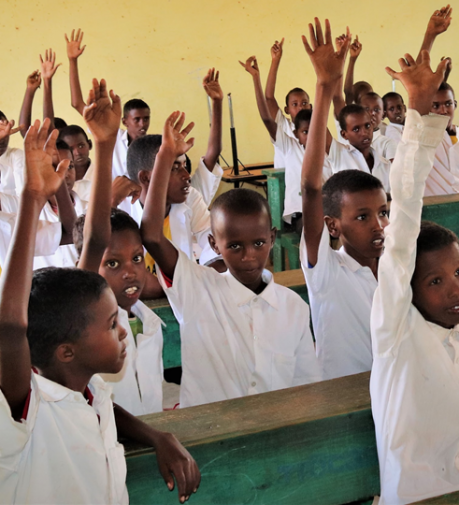
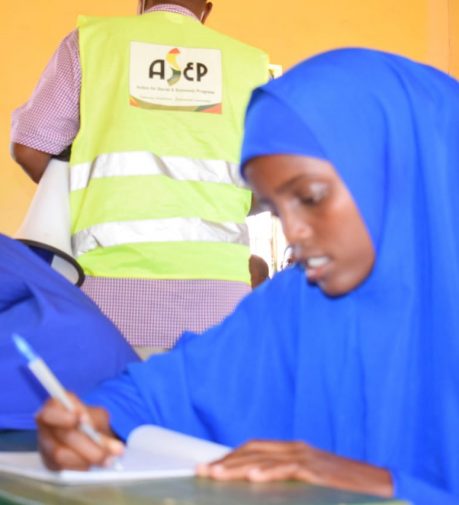
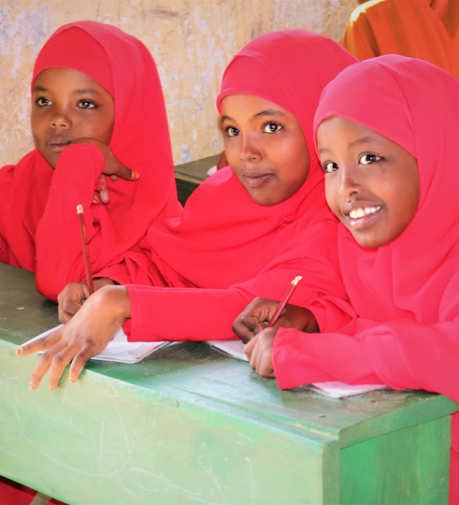
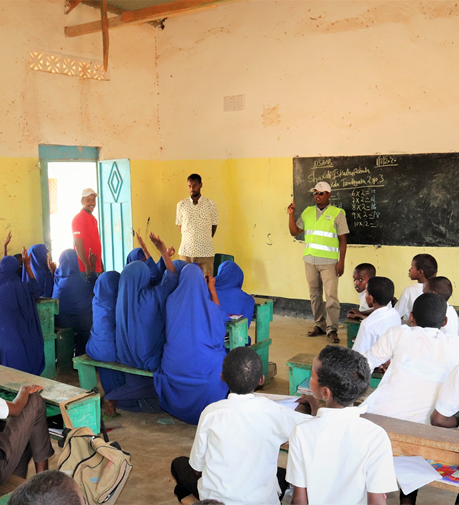
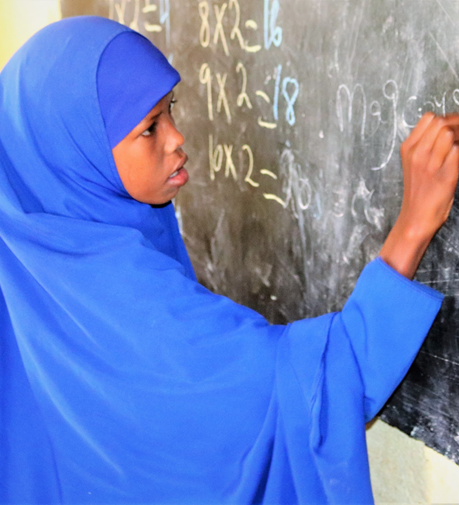
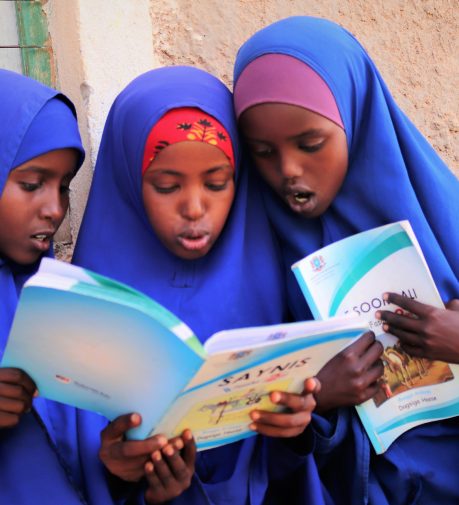
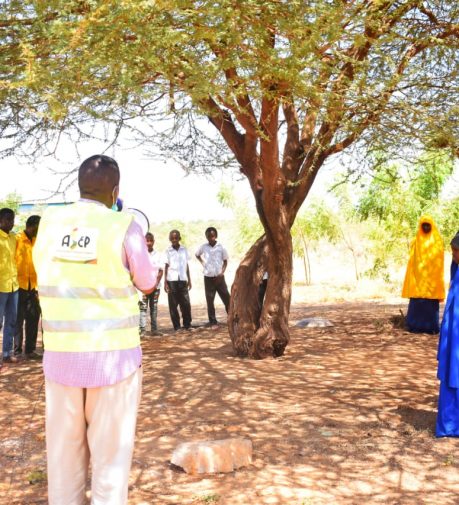
OUR PROJECTS RELATED TO EDUCATION
